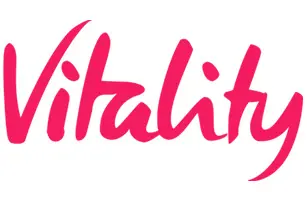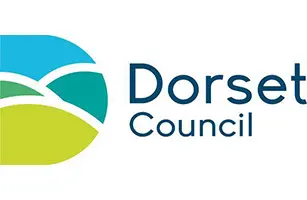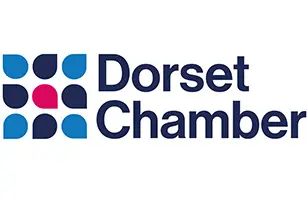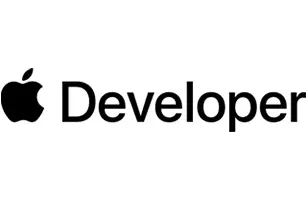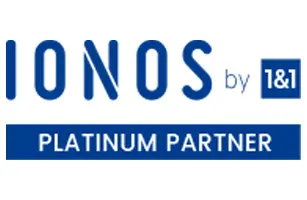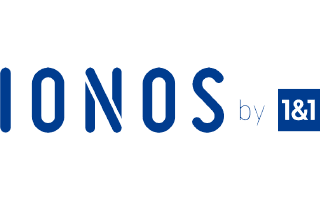Topic or Keyword?
Topics or Keywords? Unlocking the Secrets to Effective Content Optimization
In the ever-evolving landscape of digital marketing and online content, the battle for visibility and audience engagement has become more intense. Marketers and content creators alike are constantly seeking strategies to enhance their reach and impact. Two essential elements in this pursuit are “topics” and “keywords.” Both play pivotal roles in content optimization, but understanding their differences and how they complement each other is crucial for crafting compelling and SEO-friendly content. In this blog, we will explore the nuances of topics and keywords, their individual significance, and how combining them can unlock the secrets to effective content optimization.
Understanding Topics
Topics are broad, overarching themes or subject matters that form the foundation of your content strategy. They encompass a wide range of ideas and allow you to explore different aspects of a subject. For instance, in a blog about travel, the topic might be “best travel destinations in Europe.” This overarching theme can then be broken down into subtopics, such as “top historical sites in Rome” or “hidden gems in the French countryside.” Topics give your content direction and coherence, helping you organize your ideas and establish authority in your niche.
The Power of Keywords
Keywords, on the other hand, are specific words or phrases that people use to search for information online. They reflect the intent behind a search and are crucial for SEO (Search Engine Optimization). By strategically incorporating relevant keywords into your content, you increase the likelihood of your pages appearing in search engine results. For our travel blog example, keywords might include “best travel destinations in Europe” or “budget-friendly European vacation.” Identifying and using the right keywords ensures that your content aligns with user queries and improves its visibility in search engines.
Keyword Research: The Backbone of Content Optimization
Keyword research is a foundational step in content optimization. It involves identifying the most relevant and valuable keywords related to your content’s topic. Effective keyword research requires an understanding of your target audience, their search habits, and the competition within your niche. There are various tools available, such as Google Keyword Planner and SEMrush, that can aid in finding the right keywords. Aim for a mix of high-volume keywords (with more search traffic) and long-tail keywords (more specific phrases with lower search volume but higher conversion potential). By incorporating these keywords strategically into your content, you increase the likelihood of ranking higher in search results and attracting organic traffic.
Balancing Topics and Keywords
While topics and keywords serve distinct purposes, they are not mutually exclusive. In fact, combining them effectively is the key to crafting optimized and engaging content. Begin by choosing a compelling topic that aligns with your target audience’s interests and your content goals. Once you have a topic in mind, conduct thorough keyword research to identify the most relevant keywords related to that topic. These keywords will help guide your content creation process and ensure that your content resonates with your audience’s search intent.
Creating High-Quality Content
At the core of content, optimization is creating high-quality, valuable, and informative content. Even with a well-researched topic and strategic use of keywords, the success of your content ultimately depends on its quality. Engage your audience with compelling storytelling, well-structured information, and visually appealing elements such as images and videos. Craft content that answers your audience’s questions, provides solutions to their problems and offers unique insights that set you apart as an authoritative source.
Optimizing On-Page Elements
Beyond incorporating keywords into your content, optimizing on-page elements is essential for improving SEO. Ensure that your target keyword is present in the title, meta description, headings, and URL of your content. Use internal and external links to provide additional context and credibility to your content. Formatting your content for readability, using bullet points, and breaking up large chunks of text can enhance user experience and encourage visitors to stay on your page longer.
Diversifying Content Formats
In the modern digital landscape, audiences are increasingly drawn to diverse content formats. Don’t limit yourself to just written articles; explore other content types such as infographics, podcasts, videos, and interactive elements. Diversifying your content formats not only appeals to different preferences but also presents additional opportunities for keyword optimization. For instance, using relevant keywords in video titles, descriptions, and transcripts can improve your content’s visibility on video-sharing platforms like YouTube.
Monitoring and Adjusting
Content optimization is an ongoing process that requires constant monitoring and adjustment. Keep a close eye on your content’s performance, tracking its ranking in search engine results, and analyzing user engagement metrics like time on page, bounce rate, and conversion rate. Use this data to identify opportunities for improvement and to fine-tune your content strategy continuously. Revisiting and updating older content with fresh information or additional keywords can also help boost its visibility and relevance.
In the dynamic world of digital marketing, mastering the interplay between topics and keywords is the key to unlocking the potential of your content. Topics provide the overarching structure, guiding your content creation process and establishing your authority in your niche. On the other hand, keywords ensure that your content aligns with user intent and gains visibility in search engine results. By combining these essential elements, conducting thorough keyword research, and creating high-quality, diverse content, you can optimize your online presence and attract a broader audience. Remember that content optimization is an ongoing journey, requiring constant monitoring, adjustment, and adaptation to stay ahead in the competitive online landscape. With a strategic approach to topics and keywords, you can elevate your content strategy and create a lasting impact in the digital sphere.
If you’re looking for an SEO service that’s affordable and gets the job done then check out our SEO Services.







